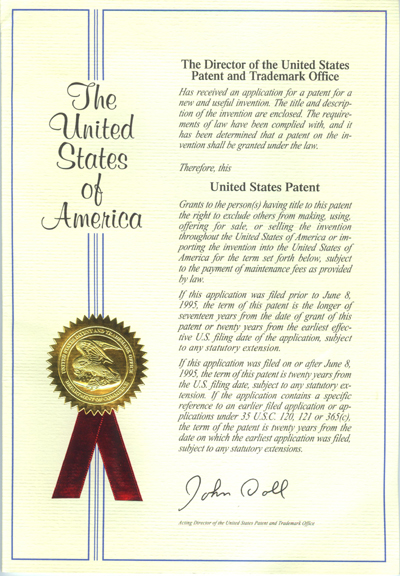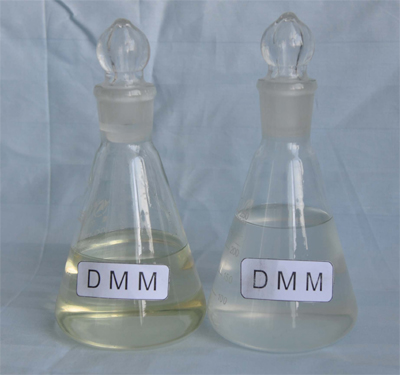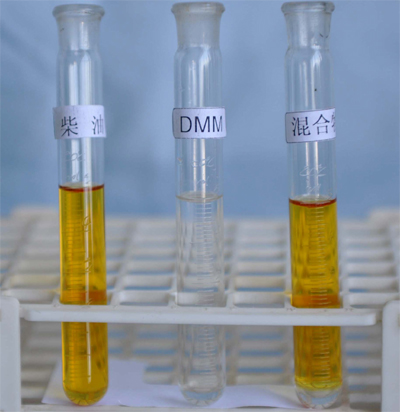The new technology for synthesizing DMM3~8, the clean diesel component, developed by Molecular Catalysis and Technology Research Group of the State Key Laboratory of Oxo Synthesis and Selective Oxidation, LICP, CAS, has been granted United States Patent by the United States Patent and Trademark Office. This synthetic technology research for clean diesel components conducted by the Research Group since 2006 is characterized by the full use of methanol and formaldehyde-two staple products of coal chemical industry and their molecular structure characteristics, using the environmental friendly ionic liquid as the new catalytic materials, and the great improved utilization ratio of methanol resources due to retention of oxygen atoms in the molecular of methanol and formaldehyde. The research project has obtained a number of invention patents at home and abroad. Significant progress in technology research and intellectual property protection has been made. And now the new technology has entered into the pre-industrial scale to develop pilot tests and application experiments cooperated with advantage enterprises at home and abroad. Through industrial demonstration, the new technology will be popularized and applied widely and the new alcohol ether fuel will be developed to promote the large-scale access of coal-to-methanol to clean fuel system.
Polyoxymethylene dimethyl ethers DMM3~8 is internationally recognized new environment-friendly oxygenate for fuel to reduce fuel consumption and flue gas emission. It can be blended with petroleum-based diesel and the cetane number can reach up to 76. The boiling point of DMM3~8 is similar to that of diesel which makes it better compatible with diesel. It can prevent fuel from volatizing which makes the fuel supply system of the engine operate well without reformation because of the similar volatility to petroleum-based diesel. Based on the component distribution of the products, the amount of DMM3~8 added into diesel can reach 10%~20%. The coal is converted to the oxygen bearing chemical-methanol through water-gas shift process, and so that the coal is converted into important energy, materials and chemicals. Based on the clean coal chemical technologies and the development of alternative fuels the new synthetic technology for clean diesel components will address to the solution of major issues of energy related to the shortage of oil reserves and fuel oilsupply shortage.





